when
country
United Kingdom
Subject
Comprehensive Sex Education
Related Member Association

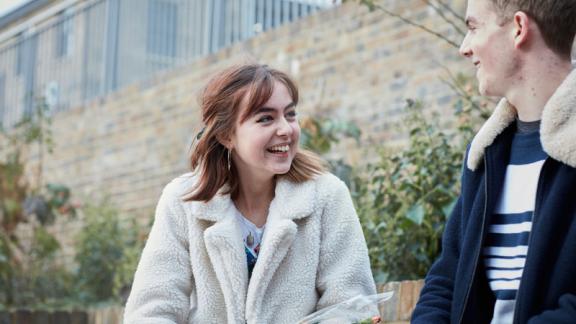
Resource
Current UK guidelines on relationships and sex education (RSE) haven’t changed since 2000; a review is long overdue. In 2020 relationships and sex education will become c...
Current UK guidelines on relationships and sex education (RSE) haven’t changed since 2000; a review is long overdue. In 2020 relationships and sex education will become compulsory in schools in England.
Studies have shown that well-designed and well-taught sex education can support positive sexual health outcomes, such as reducing teenage pregnancy and sexually transmitted infection rates. Brook and FPA volunteers want more than that – they want to see issues like consent, support, and mutual respect included and discussed in an open, frank and positive way.
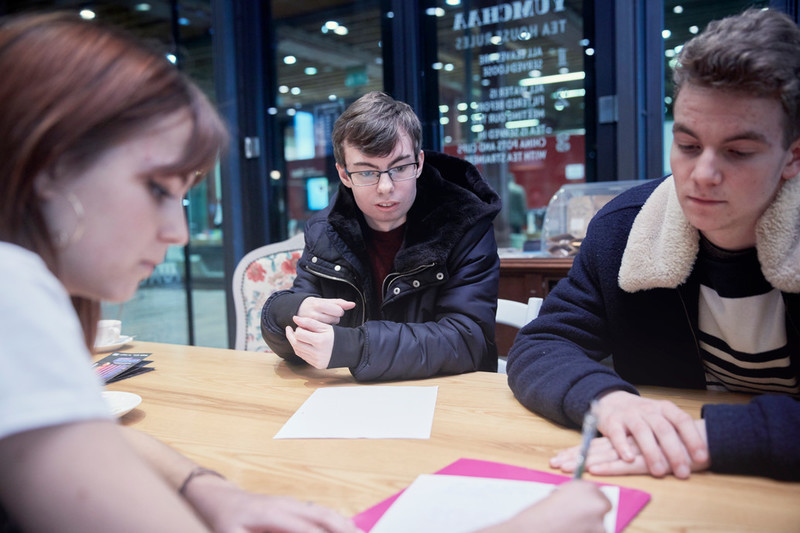
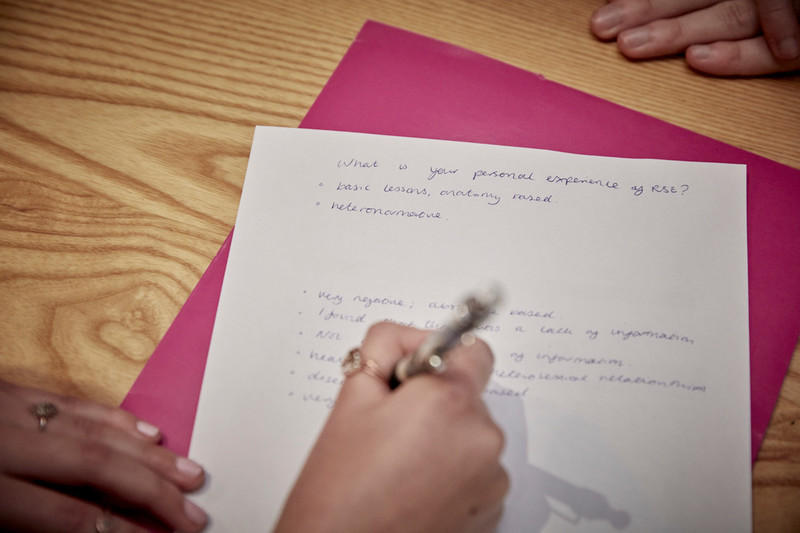

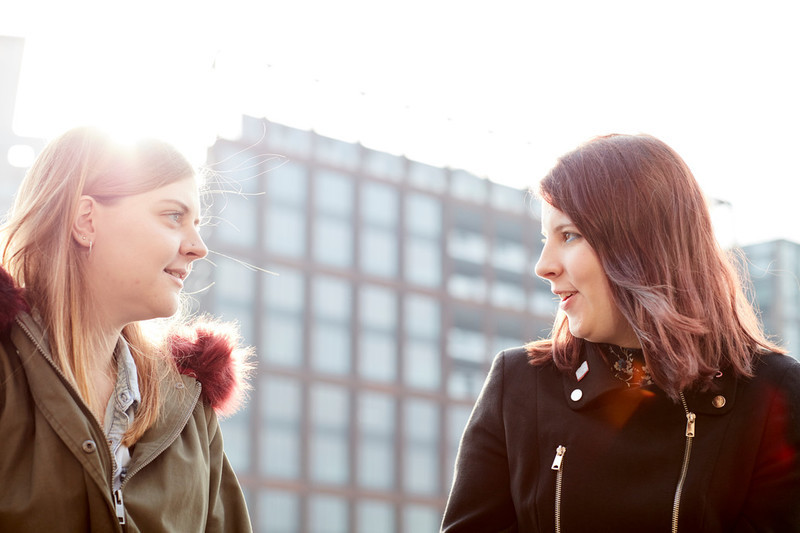
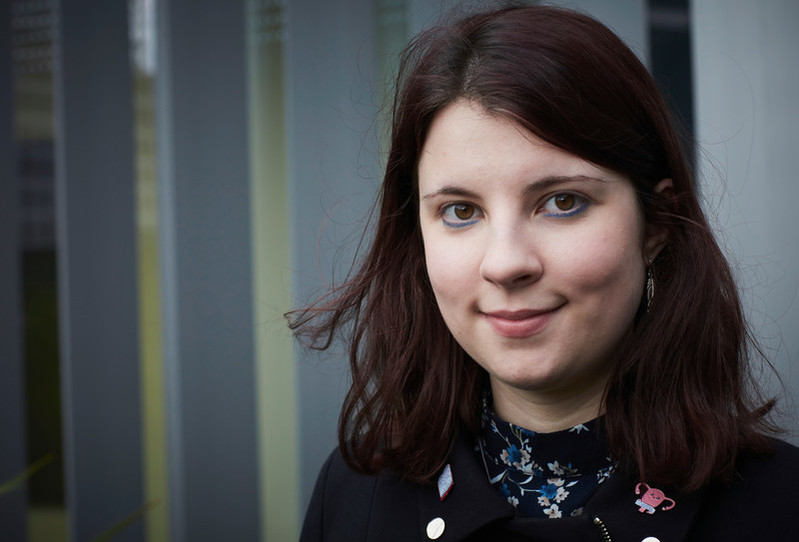
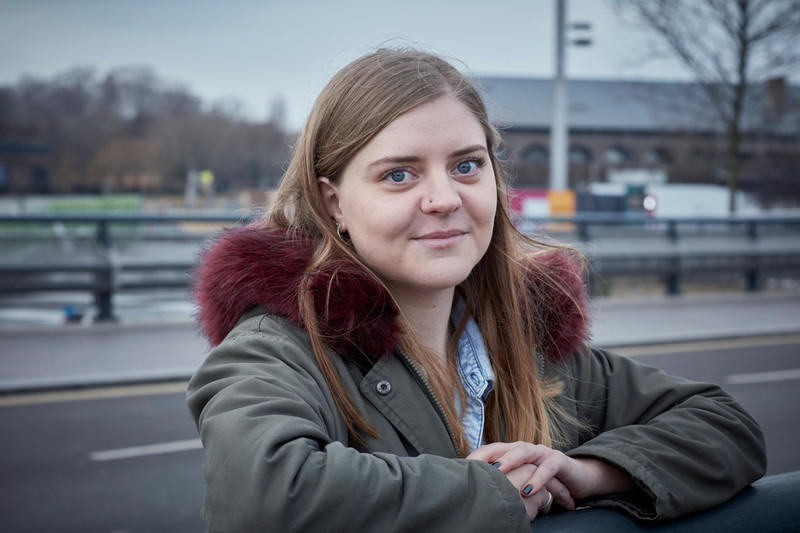
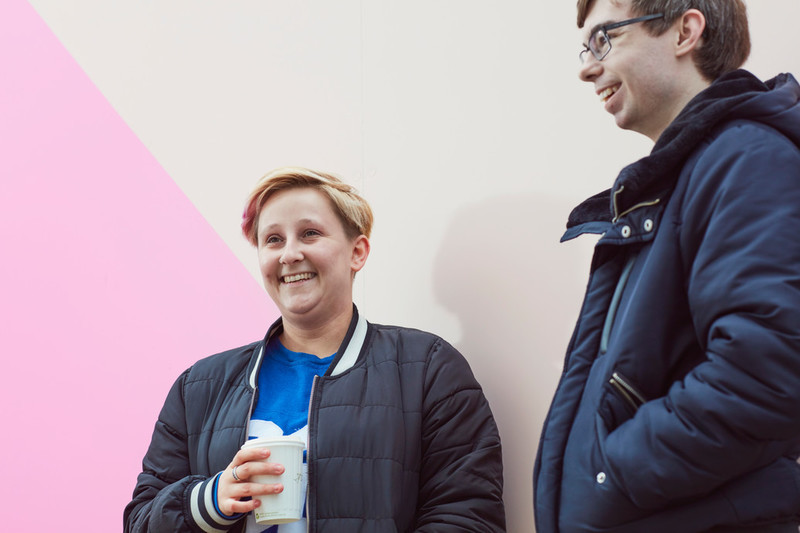
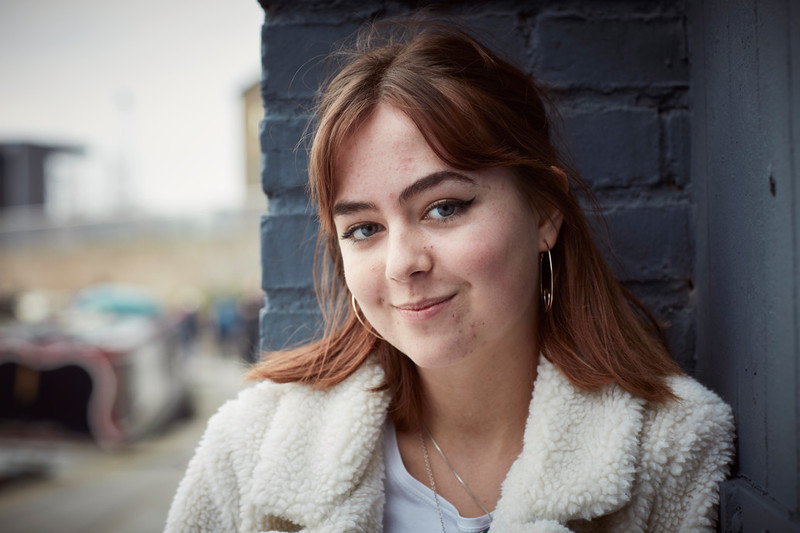
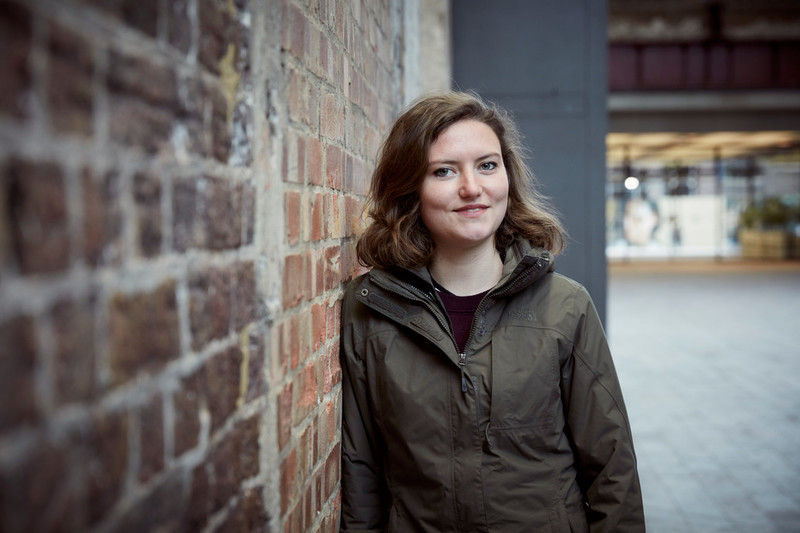
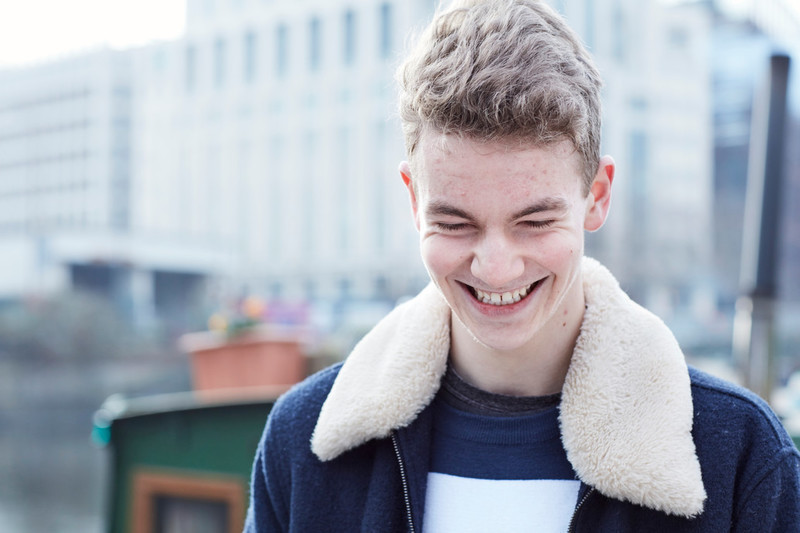
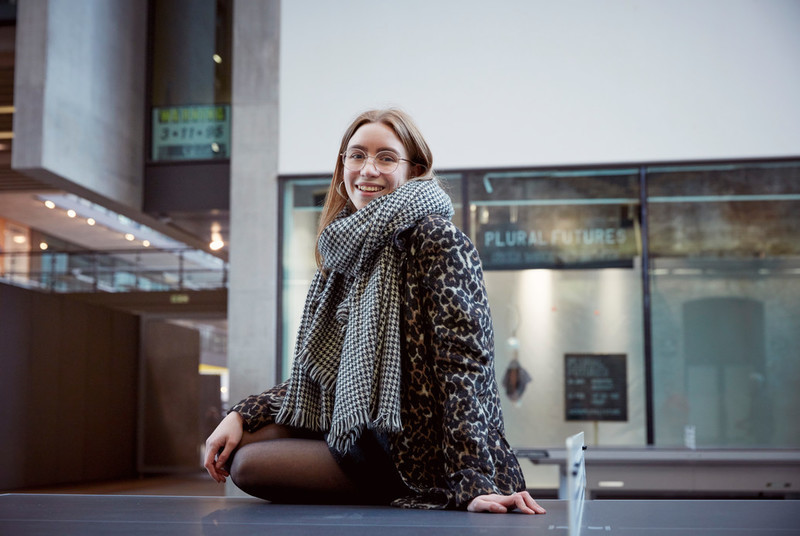
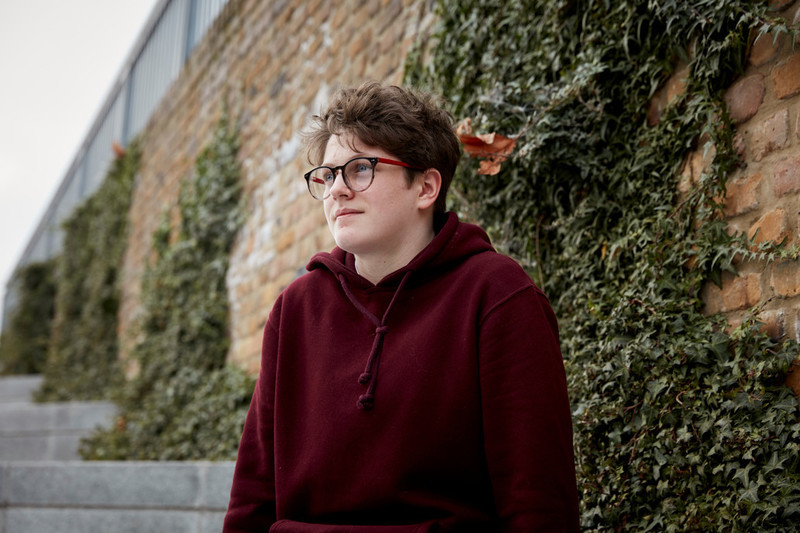
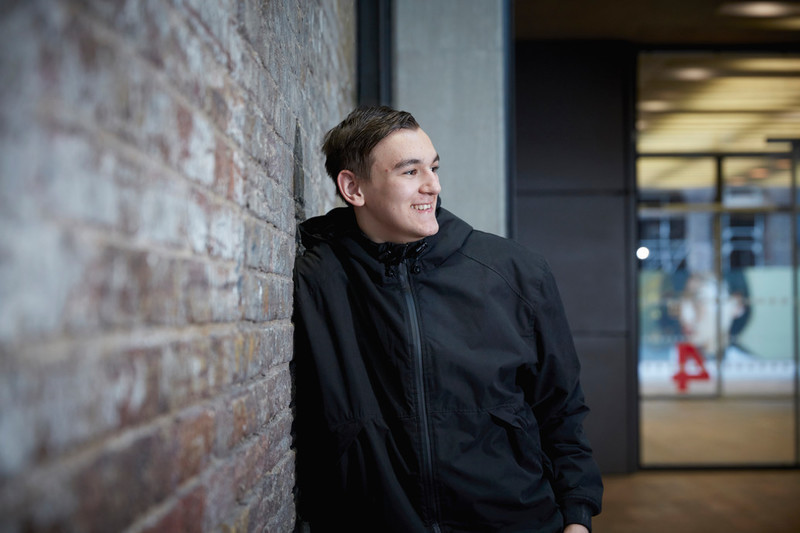
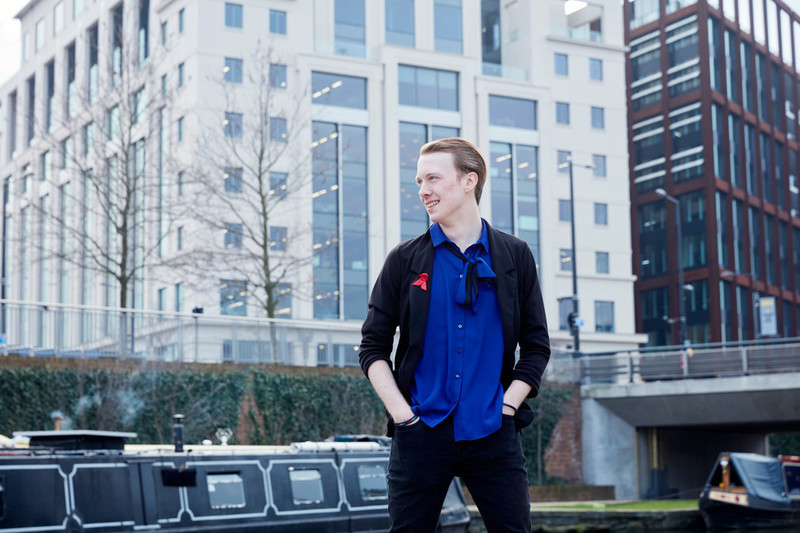

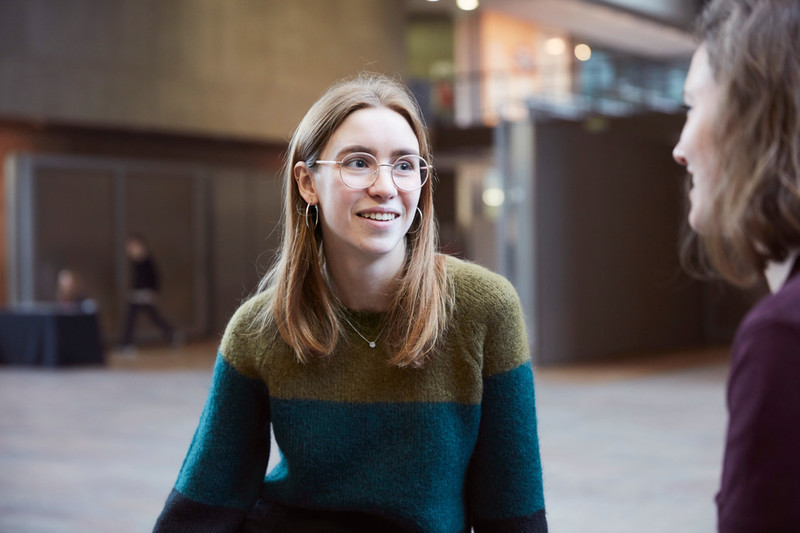
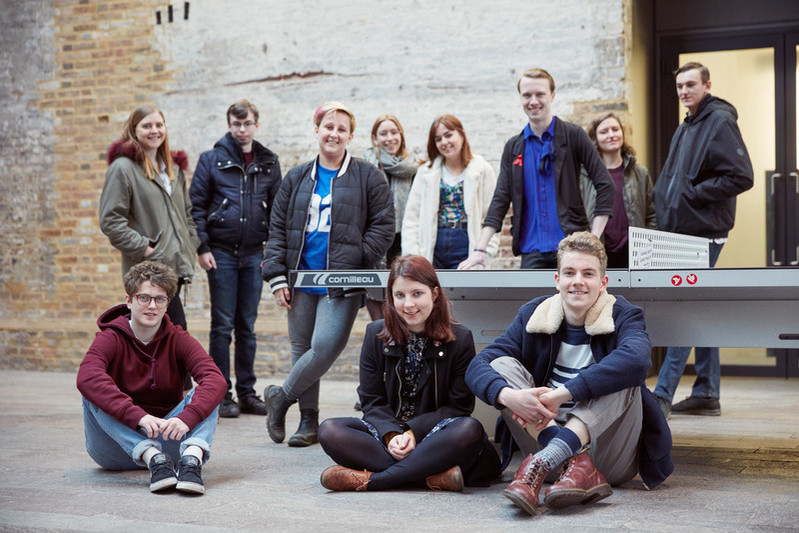
when
country
United Kingdom
Subject
Comprehensive Sex Education
Related Member Association